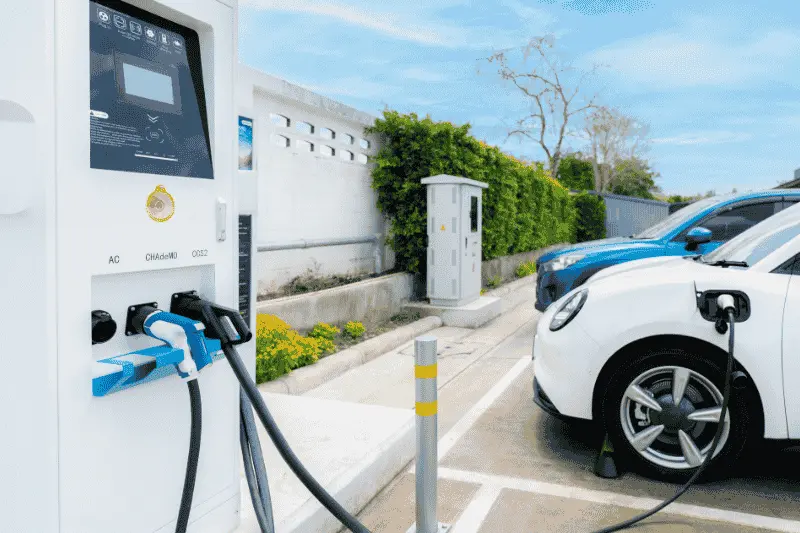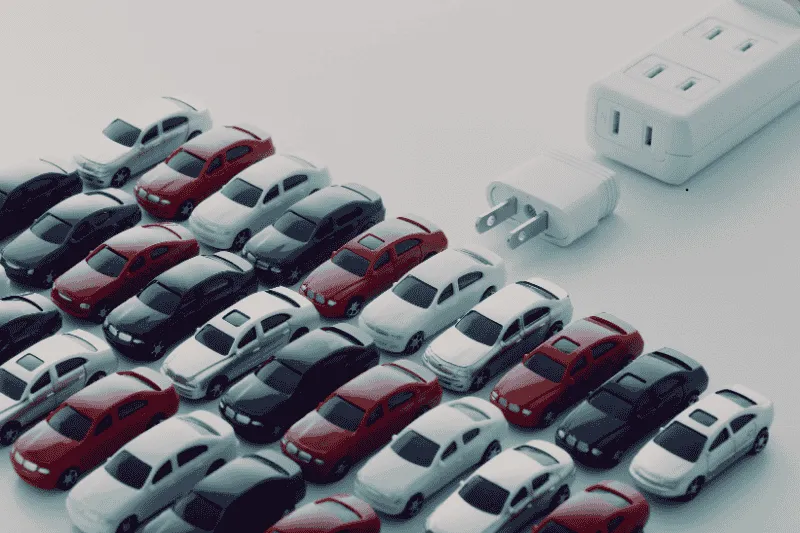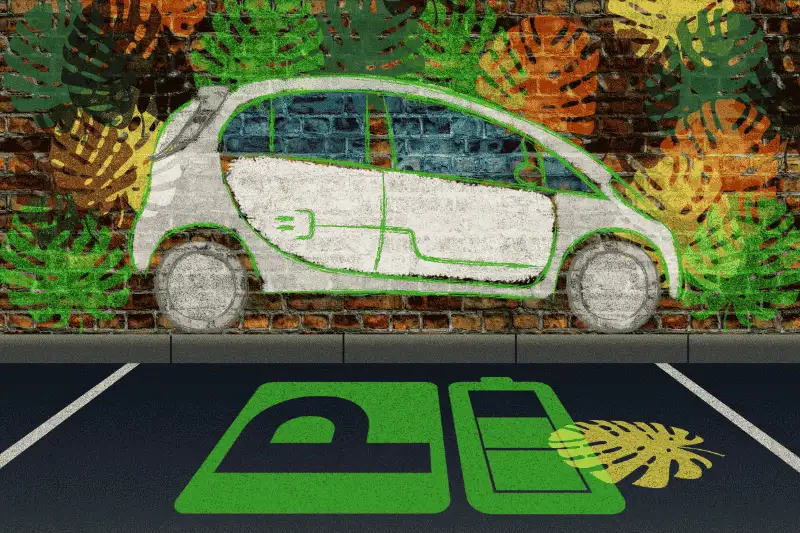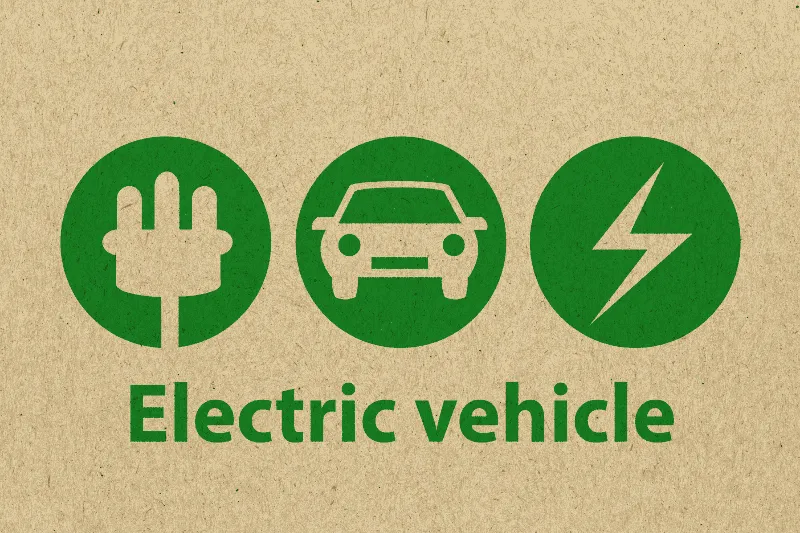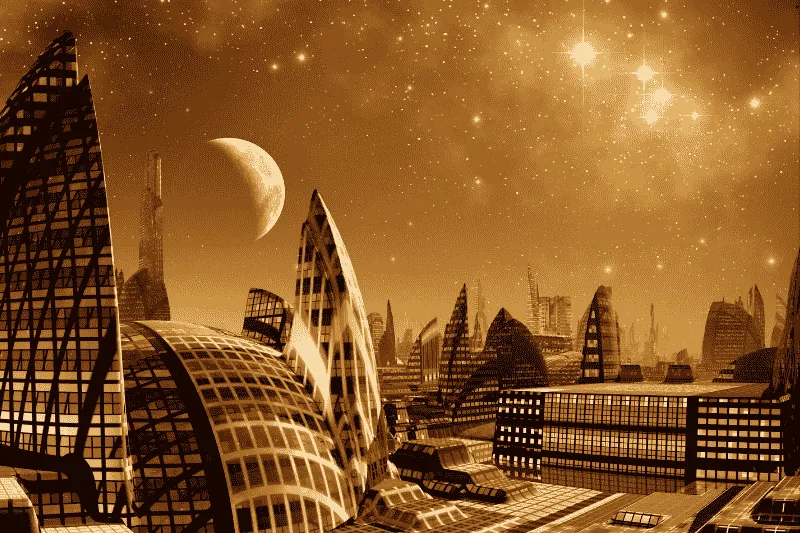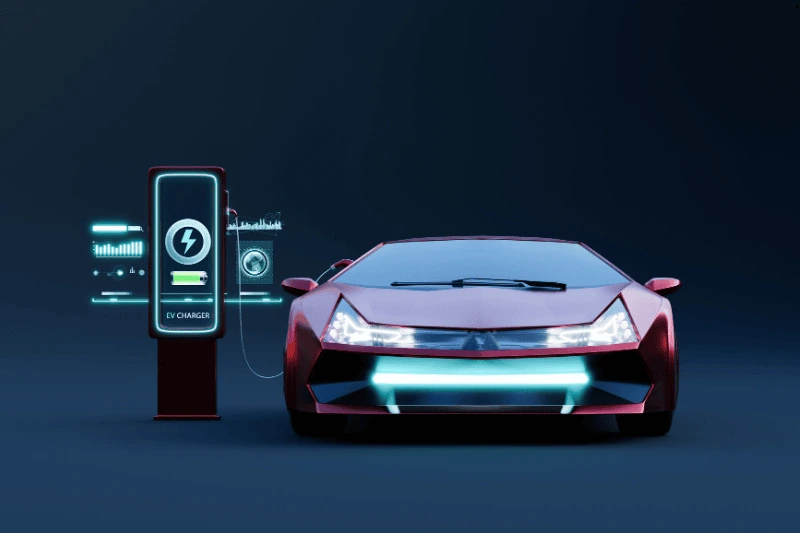As the world moves towards sustainable energy solutions, electric vehicles (EVs) are emerging as a key area of innovation in the automotive sector. Electric cars in Pakistan: The Road to a Greener Future—this vision is becoming increasingly relevant as Pakistan begins to adopt this global trend, motivated by increasing environmental awareness, government support, and technological advancements. Although the country is still in the initial phases of adoption, the potential for electric cars to transform transportation in Pakistan is significant.
Government initiatives and policies
The government has made important strides in promoting electric vehicles through the introduction of the Electric Vehicle Policy 2020-2025. This policy is designed to encourage the adoption of EVs by lowering customs duties on imports, providing tax breaks for local manufacturers, and facilitating the development of essential infrastructure. These initiatives reflect the government’s dedication to a sustainable future and highlight the vital role that electric vehicles can play in tackling Pakistan’s energy and environmental issues.
Environmental and economic benefits
Electric cars present several benefits for Pakistan. A significant concern in the country is air pollution, especially in major cities such as Karachi, Lahore, and Islamabad, where emissions from vehicles play a substantial role. Electric vehicles (EVs) generate no tailpipe emissions, making them a cleaner option compared to conventional petrol or diesel cars. If EVs are widely adopted, they could greatly enhance air quality and lower the country’s carbon footprint, aiding in the global effort against climate change.
From an economic standpoint, electric vehicles can help Pakistan decrease its dependence on imported oil, which heavily strains the national economy. Shifting to EVs would enable the country to make better use of its local energy resources, fostering energy independence. Moreover, while electric cars often come with a higher initial price tag, their maintenance and running costs are significantly lower. Since electricity is cheaper than fossil fuels, EVs present a more economical choice for consumers over time.
Challenges to adoption
Despite the potential of electric cars, Pakistan encounters numerous obstacles to their widespread use. A significant challenge is the absence of a strong charging infrastructure. To make EVs practical for everyday consumers, a thorough network of charging stations must be established throughout cities and along highways. Additionally, the high upfront cost of buying an electric car continues to be a major obstacle for many individuals. Although government incentives provide some assistance, locally produced EVs could be vital in making these vehicles more affordable and accessible.
Current market landscape
The electric car market in Pakistan remains relatively small, primarily featuring high-end imported models. Vehicles such as the MG ZS EV, Nissan Leaf, and JAC iEV7S have attracted interest, but they serve a specific niche. Promoting collaborations between international manufacturers and local firms could lead to a wider range of affordable options. Furthermore, increasing public awareness about the advantages of electric vehicles is essential for dispelling myths and encouraging acceptance.
The road ahead
The future of electric cars in Pakistan looks very promising. The government has established ambitious targets, aiming for electric vehicles to make up 30% of total vehicle sales by 2030. Reaching this goal will necessitate a collaborative effort from policymakers, industry players, and consumers alike. By making strategic investments in infrastructure, implementing supportive policies, and emphasizing local manufacturing, Pakistan has the chance to become a leader in sustainable transportation in the region.
Conclusion
Adopting electric cars is not merely a move towards modernization; it signifies a dedication to a cleaner, more sustainable future. While the transition may present challenges, the advantages for the environment, economy, and society render it an essential and valuable pursuit. In Pakistan, electric vehicles symbolize more than just technological progress—they offer a route to a more sustainable and thriving future.

